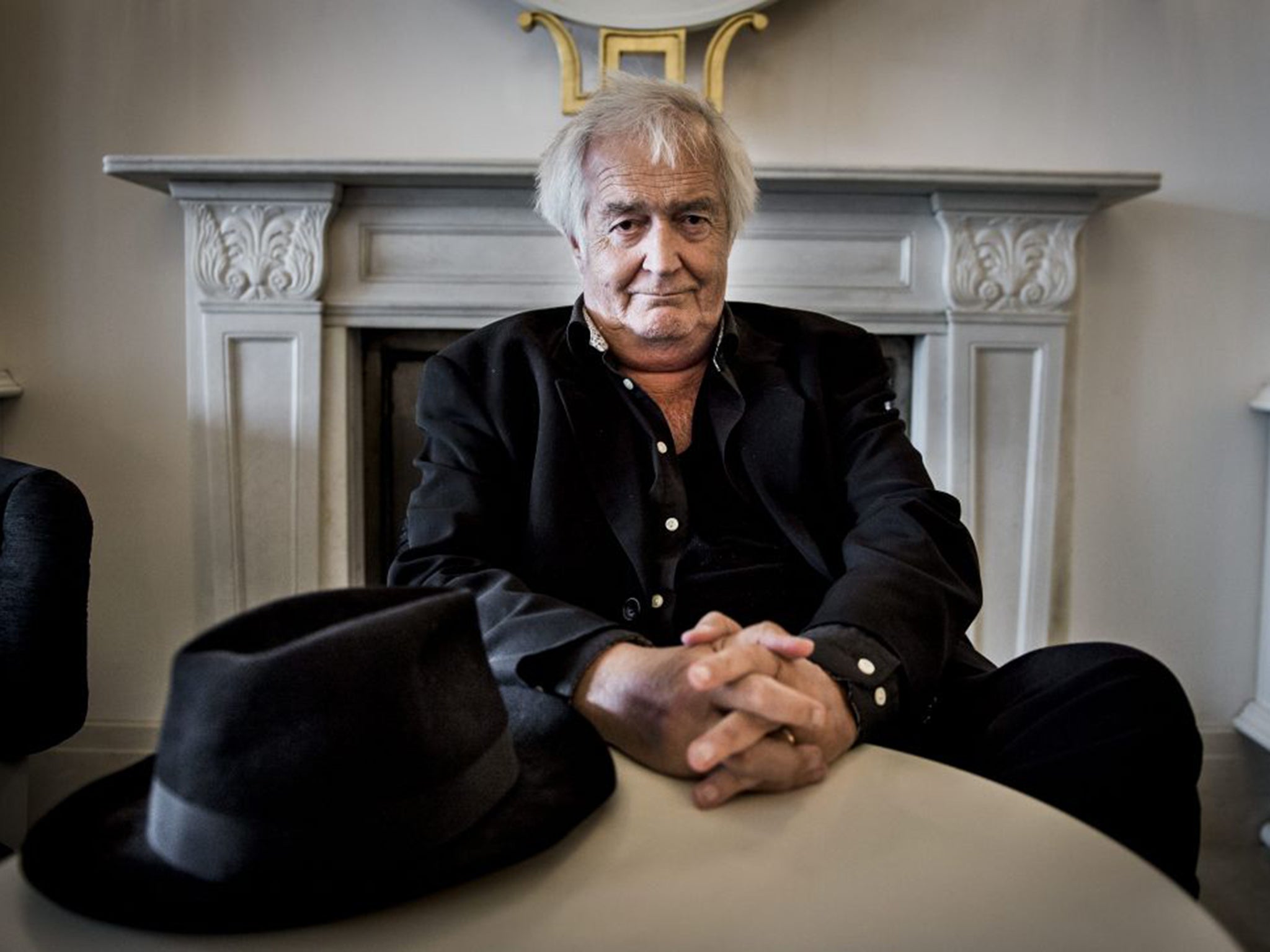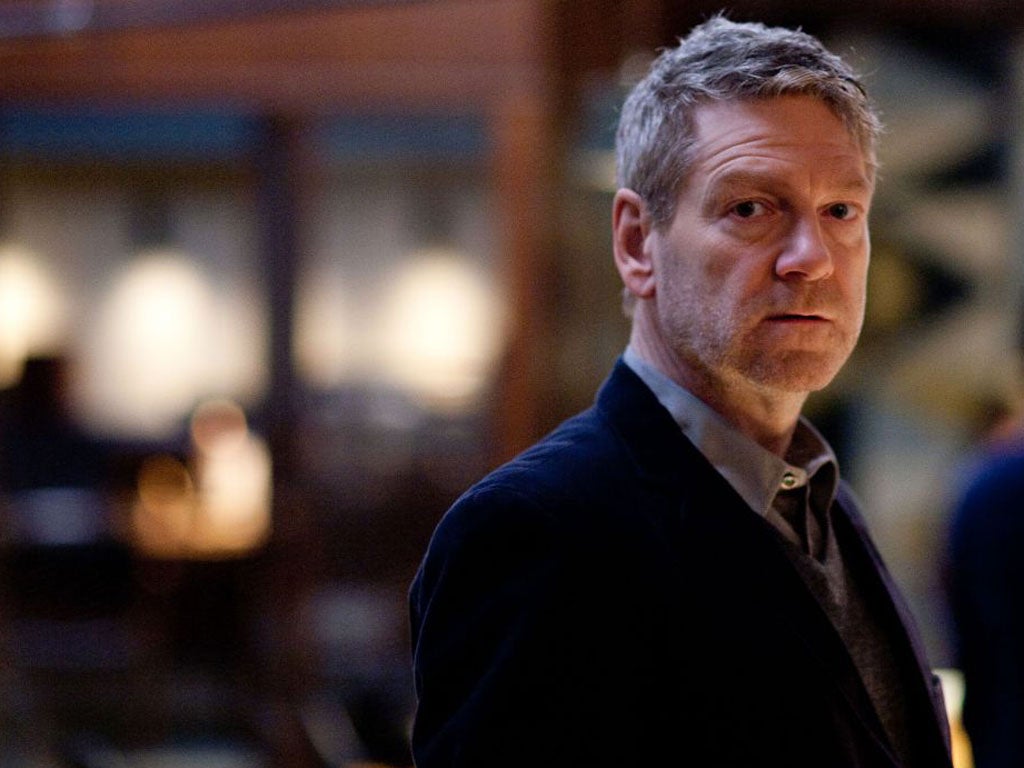Henning Mankell – appreciation: The master of crime writing with a keen social conscience
A recurrent refrain is that the creator of the 'Wallander' novels was a man of tremendous humanity

Your support helps us to tell the story
From reproductive rights to climate change to Big Tech, The Independent is on the ground when the story is developing. Whether it's investigating the financials of Elon Musk's pro-Trump PAC or producing our latest documentary, 'The A Word', which shines a light on the American women fighting for reproductive rights, we know how important it is to parse out the facts from the messaging.
At such a critical moment in US history, we need reporters on the ground. Your donation allows us to keep sending journalists to speak to both sides of the story.
The Independent is trusted by Americans across the entire political spectrum. And unlike many other quality news outlets, we choose not to lock Americans out of our reporting and analysis with paywalls. We believe quality journalism should be available to everyone, paid for by those who can afford it.
Your support makes all the difference.When I last spoke to the writer Henning Mankell – who has died of cancer at the age of 67 – our conversation touched (as it usually did at some point) on mortality. As Ingmar Bergman’s son-in-law, Mankell – as serious and saturnine a man as the late director – was perfectly happy to talk about the big subjects in life: social commitment, artistic expression – and death. Of his own death, he said to me: “I’ve produced several books which I am quite proud of, but I’d like to accomplish more – in other areas of my life, such as helping others – before my appointment with the Grim Reaper.”
This conversation took place just before the writer’s illness became common knowledge, and I was never able to ask him whether he felt he’d achieved his goal. Most of his admirers will have no doubt that he achieved just that, and a recurrent refrain is that Mankell was a man of tremendous humanity.

Speaking to Sweden’s most distinguished crime novelist – the creator of the definitive Nordic detective Kurt Wallander – was always a bracing experience, with so much more on board than the adventures of a much-loved (if dour) copper. As I well knew, Mankell was a writer who had little patience with ill-prepared interviewers, and even though I’d met him several times, there was always the uneasy thought that this would be the time he said: “Sorry, you haven’t got my attention...”
Kurt Wallander’s Sweden is not a good advertisement for the success of the welfare state – the cracks in the consensus of Scandinavian society widening, Swedish family life riven by deep psychological traumas. The keen social conscience that illuminates Mankell’s books chimed with his own commitment to make disadvantaged people’s lives better, plus the cool and unsparing examination of nationalism and intolerance in the novels.
“Of all the novels,” he told me, “that I have written in my lifetime, only 25 per cent could actually be called crime novels. For readers in certain countries, it comes as a surprise that I have written crime fiction. For readers in other countries, it comes as a surprise that I’ve actually written anything else! I have no complaints – it might be said that the crime fiction has acted as a kind of locomotive, dragging the wagons of my other writing along behind.”
Mankell was well known for his keen social engagement and the provocative political beliefs that informed his life. I asked about his capture by Israeli troops when he took part in the flotilla attempting to break the Gaza blockade in 2010. Mankell wryly noted that when the news of his capture reached Sweden, a journalist phoned up his wife.
“At about 5am, Eva received a phone call from a journalist who said to her, ‘Can you confirm that your husband is dead?’ He smiled. “She was... well, just a little upset!”
Did the Israeli soldiers know that they had among their captives one of the world’s most celebrated writers? Mankell’s expression was sardonic.
“Oh yes, you can be damn sure they knew. There were people there from army security to make sure that nothing happened to me.”
It was time for a final question. According to Mankell, what were the reasons for the current British obsession with Scandinavian crime?
“One reason might be that writers like myself brought something new to the genre. Scandinavian writers are as concerned with a provocative discussion of the problems of society as they are with the details of a crime investigation; that’s perhaps what we most contributed to the genre. A pretty good contribution, don’t you think?”
Barry Forshaw is the author of ‘Nordic Noir’
Subscribe to Independent Premium to bookmark this article
Want to bookmark your favourite articles and stories to read or reference later? Start your Independent Premium subscription today.
Join our commenting forum
Join thought-provoking conversations, follow other Independent readers and see their replies
Comments